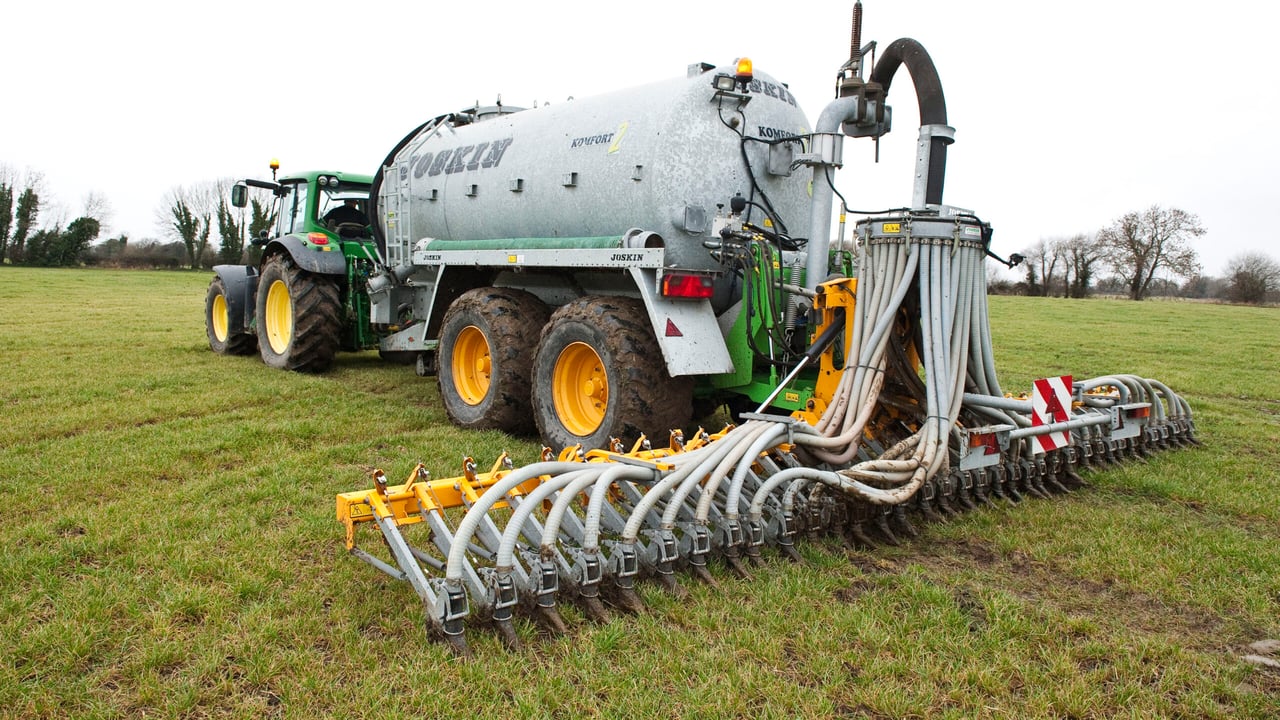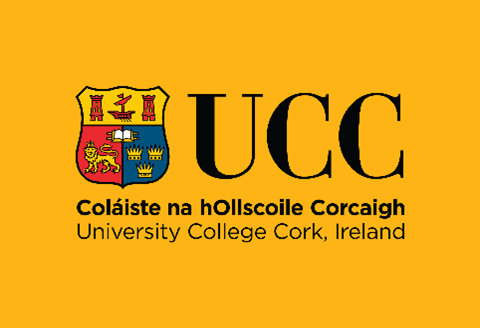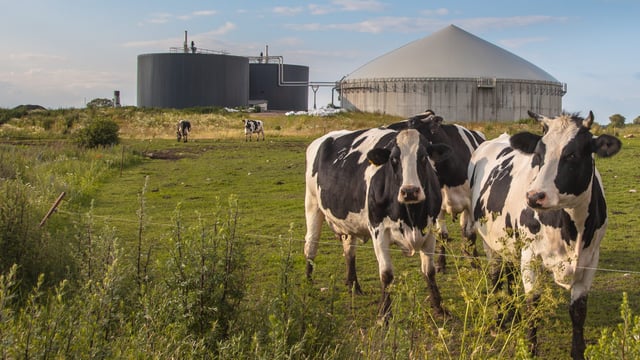Changes to slurry spreading periods described as 'adding extra cost'
According to the Beef Plan Movement (BPM), the further tightening of the window for slurry spreading is unnecessary.
BPM's, Eamon Corley has responded to the proposed measures contained Ireland’s latest draft Nitrates Action Programme.
He said: “It deprives farmers of the added benefit of availing of the nutrients provided by this precious fertiliser at a time of year when grass is still growing and readily absorbs the nutrients provided by the slurry to grow grass, with a very low risk of run-off.
"Extended grazing is only possible if grass gets nutrients in the early and later part of the year. These are the periods that allow for the most efficient use of grass which is grazing.
"It is a poor decision that will not only worsen our climate change situation but will also add extra costs for farmers," he added.
Beef Plan Movement members believe that the complete ban on spreading soiled water from November 15 to January 15, while well intended. will throw up many practical challenges on farms across Ireland.
“This decision could very well serve to increase nitrate leaching rather than reduce it. It is well publicised that one of the side effects of climate change is the increased frequency of extreme weather events such as exceptional heavy rainfall and flooding," Corley continued.
“It will not be a question if these events occur but when these events occur. The practicalities when faced with such a situation on farms gives farmers two choices.
According to Corley, this proposed new measure will tie farmers hands from managing the unprecedented situation in the way that inflicts least damage on water quality.
“Farmers have never been happy with the imposition of calendar farming because it not only affects their pockets, but also limits their ability to protect the environment when the unpredictable weather we get on this unique island of ours presents difficulties, but also opportunities.”
Beef Plan Movement also points out that the problems faced by Irish Water in managing waste water and preventing pollution have been well publicised.
Corley commented: “[Its] lack of funding has been blamed on the abolition of water charges brought about by the water protests.
“This has meant that direct discharges of raw sewage into streams both during normal periods and periods of heavy rainfall are still common occurrences up and down the country.
"Compare this with the hands-off approach afforded to Irish Water as regards managing human waste, is not a consistent approach when dealing with water quality in our rivers."
BPM said that it accepts that the growing trend towards factory and 'super' farms has had a negative effect on water quality.
The organisation would like to see the government direct a more targeted approach, specifically at these factory and 'super' farms, rather than what it said is the "blanket approach" which is currently being proposed, of ever decreasing slurry spreading windows through more restrictive calendar farming.
“Instead of this blanket approach that unnecessarily further restricts small family farms, Beef Plan would advocate the reduction of maximum stocking rates per hectare being applied to these huge operations, as a more targeted and effective solution," Corley added.
“Weather forecasting has become more reliable in recent years and recently schools were closed as a result of extreme weather forecasts.
“This approach would be more beneficial to family farm incomes and water quality," Corley concluded.





